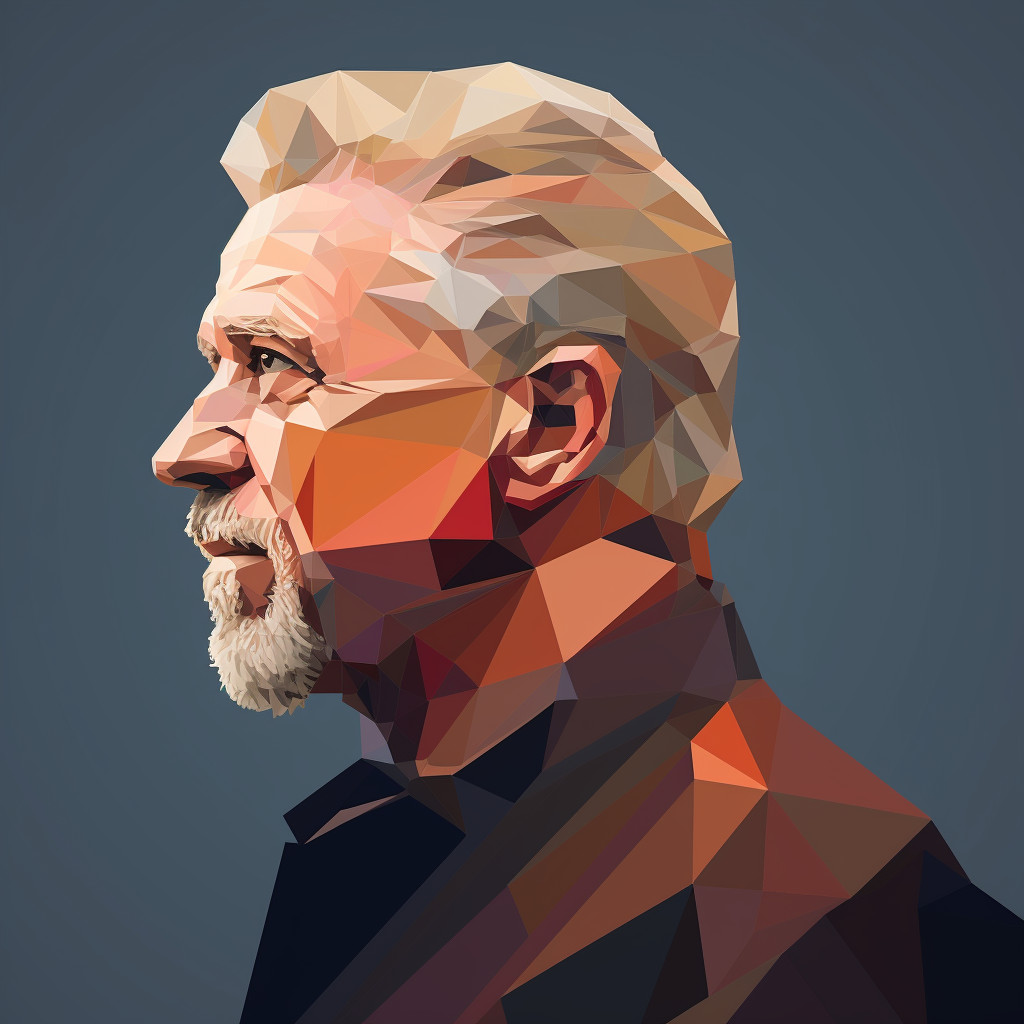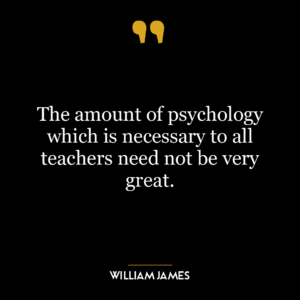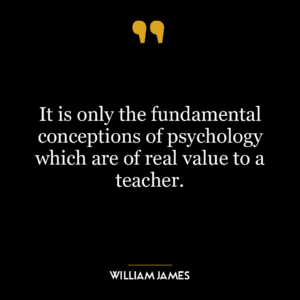This quote emphasizes the importance of not just experiencing things, but also taking time to reflect and evaluate these experiences. Experiences in themselves are simply events or occurrences; they become lessons only when we assess them, draw insights, and apply these learnings in future scenarios. This process of evaluation allows us to understand what worked, what didn’t, and why, thereby becoming a more effective teacher than experience alone.
The quote also suggests that the value of an experience is not inherently in the experience itself, but in our interpretation and understanding of it. Two people can go through the same experience, but if one person reflects and learns from it while the other doesn’t, the former will gain more. It’s like the difference between reading a book and understanding its message versus simply reading the words on the page.
Applying this idea to today’s world, we are constantly bombarded with new experiences and information. However, without taking the time to evaluate and reflect on these experiences, we may miss out on valuable lessons and growth opportunities. This is especially relevant in our fast-paced, digital age where it’s easy to jump from one experience to the next without pause. It’s a reminder to slow down, introspect, and extract wisdom from our experiences.
In terms of personal development, this quote suggests that we should be active learners in life. Instead of passively going through experiences, we should engage with them, question them, learn from them, and use these learnings to inform our future actions and decisions. This could be as simple as reflecting on why a meeting went well at work, to more complex introspection about personal relationships or life choices. By doing so, we can continually grow and develop as individuals.









